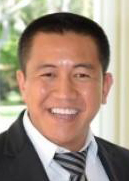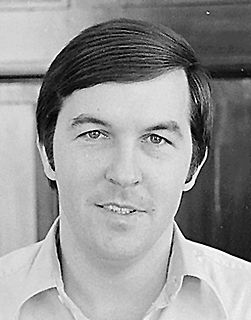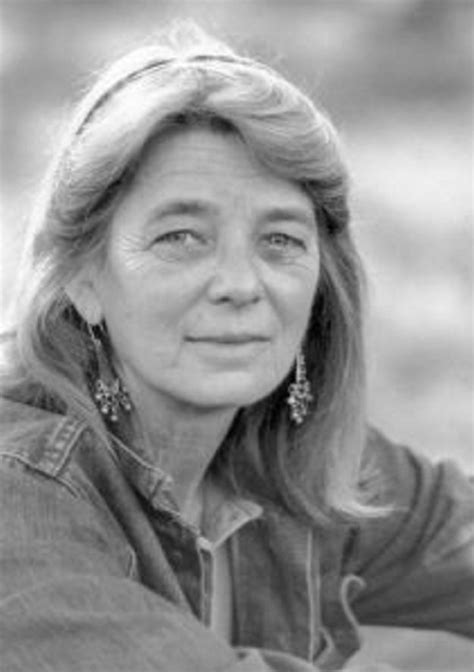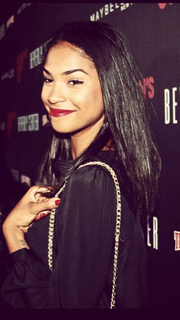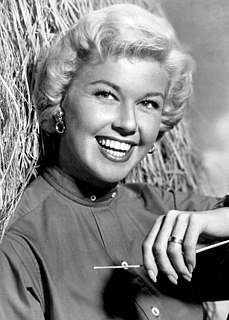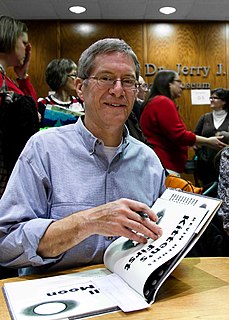A Quote by Anh Do
My family had to leave Vietnam because my uncles fought alongside the Aussies.
Related Quotes
[In 1951] we were also told that the Russians could be parachuting from planes over our town at any time. These were the same Russians that my uncles had fought alongside only a few years earlier. Now they had become monsters who were coming to slit our throats and incinerate us. It seemed peculiar. Living under a cloud of fear like this robs a child of his spirit. It's one thing to be afraid when someone's holding a shotgun on you, but it's another thing to be afraid of something that's just not quite real.
Every book that comes out, every article that comes out, talks about how - while it may have been a "mistake" or an "unwise effort" - the United States was defending South Vietnam from North Vietnamese aggression. And they portray those who opposed the war as apologists for North Vietnam. That's standard to say. The purpose is obvious: to obscure the fact that the United States did attack South Vietnam and the major war was fought against South Vietnam.
Europeans fought for shorter workdays, more vacation time, family leave, and all these kinds of things. Those haven't been priorities in America: it's been about money. You see, in the countries that fought for time, they cook more often; they have less obesity. There are real benefits to having time.
